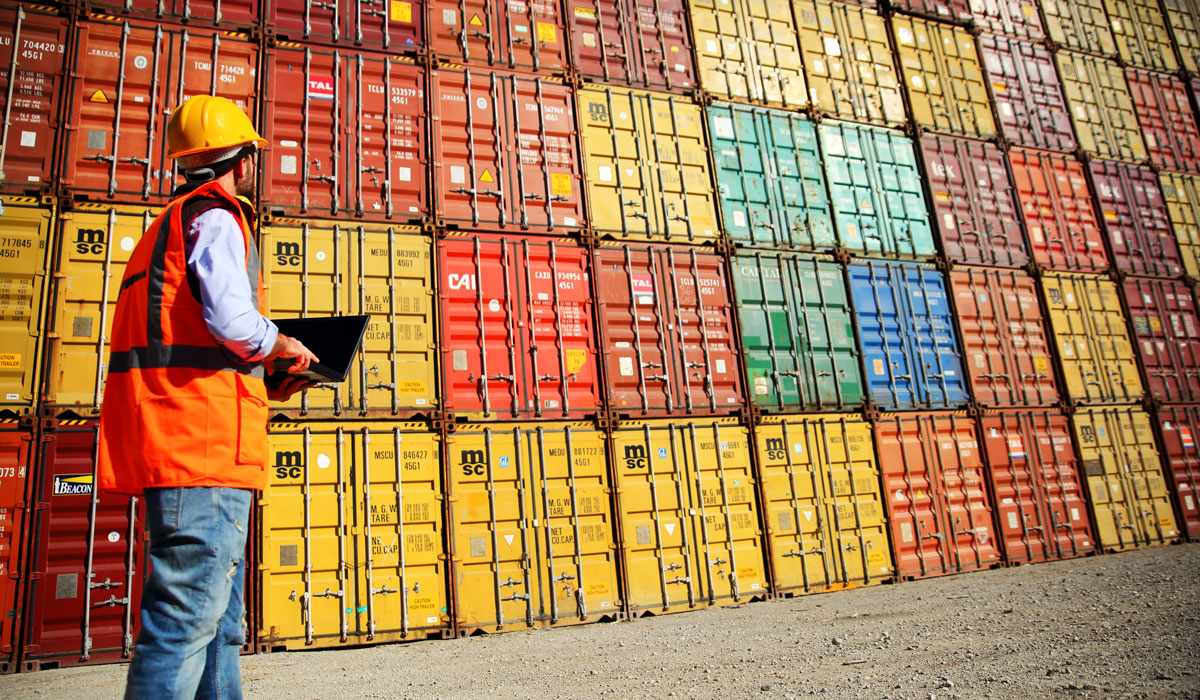Determining the future trade relationship between the UK and EU is a fundamental part of the Brexit negotiations.
According to Office for National Statistics figures in 2016 the EU accounted for 48% of goods exported from the UK at a value of £235.8 billion. That compared with £284.1 billion to the rest of the world.
The UK wants to at least maintain these export levels to the EU post-Brexit but also sees enhanced opportunity to increase trade with nations such as the US, China, India, Australia and New Zealand through new agreements.
“Trade is now getting a lot more attention and the government, as well as the private sector, is giving it sharper focus. It’s a once in a lifetime chance for UK exporters,” says Geoffrey de Mowbray, co-chairman of the British Exporters Association. “There is an appetite for British goods abroad and particularly for our innovative ideas.”
Get ready to trade
John Rubidge, head of innovation in services at Business West, adds: “The implications of Brexit are still unknown, but I believe now is a very good time to begin preparing for future trade opportunities. If you don’t at least look into the possibilities now you could be left behind when the negotiations are over.”
He believes the EU will remain a vital market for UK exporters given existing business and cultural ties as well as the improved economic performance of nations such as France and Germany. Indeed, South West exports to Western Europe climbed 9.7% in the year to September 2017.
Growth was also noted in exports to the USA, the UAE, China, South Korea, Sub-Saharan Africa and the Middle East. The biggest demand, boosted by the rise in Asian middle-class spending power, has been for consumer goods, food and drink and automotive.
Rubidge admits that exporting, from finding the right market, to costs and regulations around tariffs and tax does make some UK firms cautious. But, taking the necessary practical steps, will help. Before making the move into any new market, SMEs need to do their own research as well as use bodies such as Government agencies.
Business West runs the Export for Growth programme, which includes determining which global markets suit particular products and services and whether there are any restrictive trade barriers or regulations.
Doing the groundwork
Whether you are focusing on additional international opportunities post-Brexit or just beginning to export, moving into new export markets requires preparation. Rubidge says firms should review their unique selling propositions and capability to cope with the export volumes. They should also carefully consider their distribution model, such as direct sales, subsidiary or licensing through a distributor. Investigating logistics, tax implications, payments and financing are also vital.
“First of all, look at your business and assess whether it is more efficient for you to expand domestically. It is easy to be seduced by the idea of international trade and not fully consider the level of planning and resource you need,” adds Martin Brown, director of business advisors Elephants Child.
“Do you have enough working capital and a strong management team? Do you understand currency exchange fluctuations and the cost of tariffs, shipping and insurance? This will differ with each market as will considerations such as time differences when doing business in Australia or language and culture in emerging markets. Ensure you have a sound and fully resourced business plan before you begin.”
Getting on a plane
What of more seasoned exporters?
De Mowbray is also founder and chief executive of equipment supplier Dints International, which provides supply chain solutions to mining, construction and quarrying clients in 17 sub-Saharan Africa countries including machinery and spare parts. It has grown through a combination of distributor partnerships and direct sales.
“It’s about getting on a plane, researching your market and finding partners with the right product and cultural fit,” he says. “We are now focusing on further growth in Africa, South America and Central Asia. Exporting helps you become less reliant on fluctuations in your home economy and it can be a fulfilling experience dealing with different cultures. You need to embrace the opportunity.”




